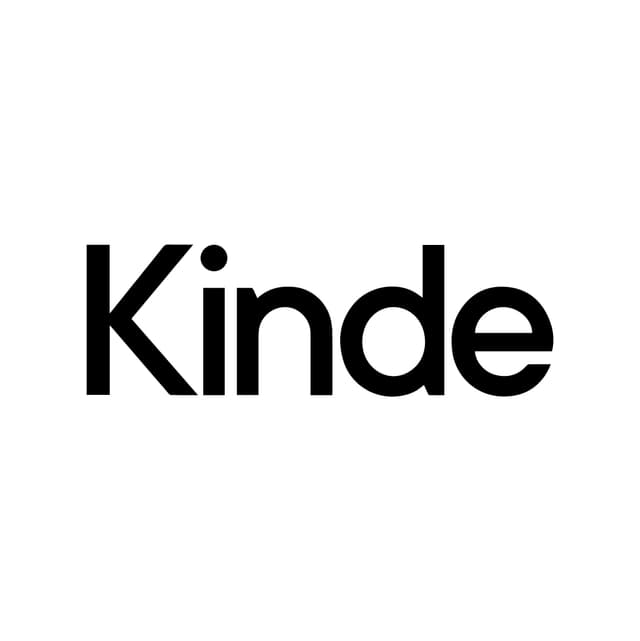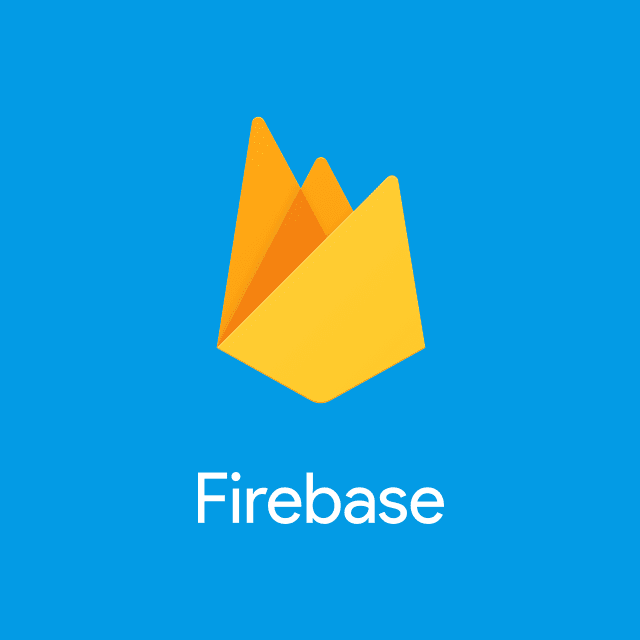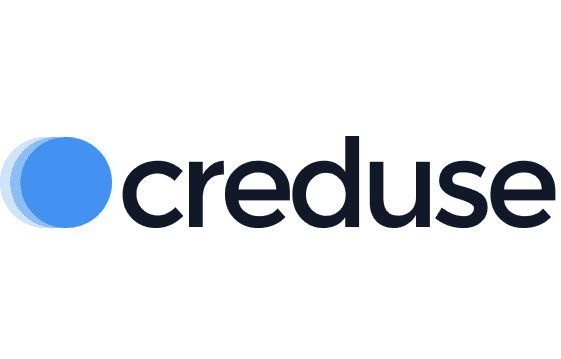Kinde vs. Firebase
Kinde
Kinde has a generous free plan with up to 10,500 MAU free of charge. Their Pro plan costs $25/month and the price for each additional MAU over 10,500 is $0.0175.
Firebase
Google's Firebase is an entire app development platform that's packed with features.It comes with storage, cloud functions, monitoring and, of course, user authentication. The free tier comes with 50,000 MAUs. Beyond that pricing start at $0.0055/MAU and goes down to as low as $0.0025/MAU as you scale to millions of users. Firebase authentication supports email and password auth, phone auth, magic links, two-factor authentication and social identity providers - mainly Google, Google Play Games, Facebook, Apple, Microsoft, Twitter, GitHub and OAuth access tokens.
Reviews
Reviews
| Item | Votes | Upvote |
|---|---|---|
| No pros yet, would you like to add one? | ||
| Item | Votes | Upvote |
|---|---|---|
| No cons yet, would you like to add one? | ||
| Item | Votes | Upvote |
|---|---|---|
| Easy to use | 1 | |
| Low price per monthly active user | 1 | |
| Generous free tier | 1 | |
| Easy SMS authentication | 1 |
| Item | Votes | Upvote |
|---|---|---|
| No cons yet, would you like to add one? | ||
Frequently Asked Questions
Firebase and Kinde both offer robust user authentication solutions, but they cater to different needs. Firebase, developed by Google, is an entire app development platform that includes user authentication along with many other features like storage and cloud functions. It offers a generous free tier with 50,000 MAUs and lower costs per additional MAU as you scale. Firebase supports multiple authentication methods including email, password, phone, magic links, and social identity providers. Kinde, on the other hand, provides a generous free plan with up to 10,500 MAUs and a straightforward pricing model. While Firebase is more feature-rich and scalable, Kinde might be a simpler and more cost-effective solution for smaller applications.
Firebase offers a more generous free tier with 50,000 MAUs compared to Kinde's free plan, which includes up to 10,500 MAUs. If your application is expected to have a large number of monthly active users, Firebase's free tier may be more advantageous.
For scaling beyond the free tier, Firebase tends to be more cost-effective. Firebase's pricing starts at $0.0055 per MAU and can go as low as $0.0025 per MAU as you scale to millions of users. Kinde, on the other hand, charges $0.0175 per additional MAU beyond 10,500. Therefore, for larger-scale applications, Firebase offers a more competitive pricing structure.
Firebase supports a wide range of authentication methods including email and password, phone authentication, magic links, two-factor authentication, and social identity providers like Google, Facebook, Apple, Microsoft, Twitter, GitHub, and OAuth access tokens. Kinde's supported authentication methods are not specified in the provided information. Therefore, Firebase appears to support more authentication methods.
Kinde is a platform that offers a generous free plan with up to 10,500 monthly active users (MAU) at no charge. For those needing more, their Pro plan costs $25 per month, with an additional cost of $0.0175 per MAU over 10,500.
Kinde offers a free plan that includes up to 10,500 monthly active users (MAU) without any charge. Their Pro plan is priced at $25 per month, and for each additional MAU over 10,500, the cost is $0.0175.
Currently, there are no user-generated pros or cons for Kinde.
Firebase is Google's app development platform that offers a comprehensive suite of features, including storage, cloud functions, monitoring, and user authentication. It supports multiple authentication methods such as email and password, phone authentication, magic links, two-factor authentication, and social identity providers like Google, Facebook, Apple, Microsoft, Twitter, GitHub, and OAuth access tokens.
Pros of Firebase include its ease of use, low price per monthly active user, a generous free tier, and easy SMS authentication. Currently, there are no user-generated cons for Firebase.
The free tier for Firebase includes 50,000 monthly active users (MAUs). Beyond that, pricing starts at $0.0055 per MAU and can go as low as $0.0025 per MAU as you scale to millions of users.
Firebase supports multiple authentication methods, including email and password, phone authentication, magic links, two-factor authentication, and social identity providers such as Google, Google Play Games, Facebook, Apple, Microsoft, Twitter, GitHub, and OAuth access tokens.




















